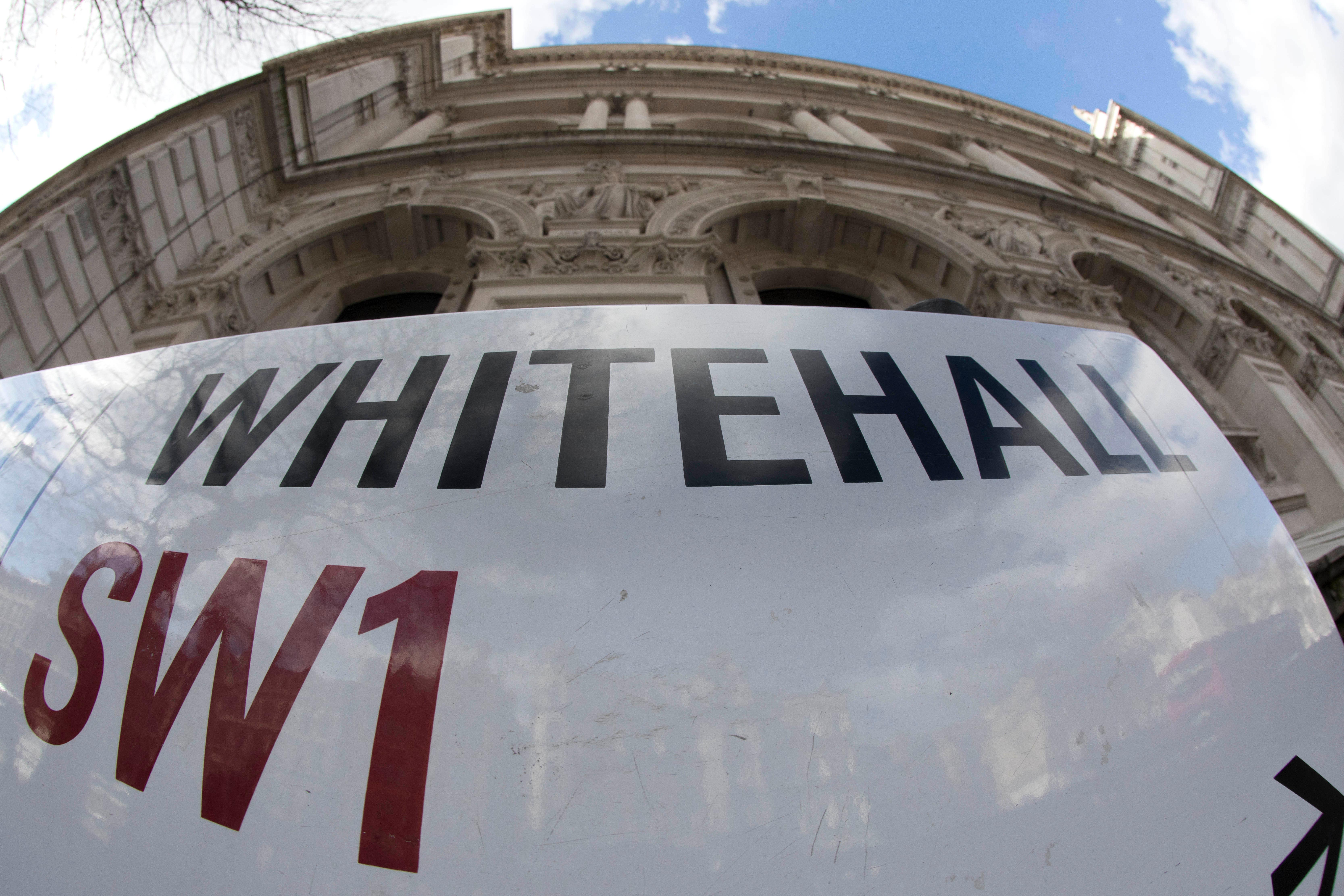Whitehall unlocks up to £5.5bn for new nuclear power station subsidy scheme
The money is for ‘development expenditure’ including enabling works at Sizewell C before a ‘final investment decision’.

Your support helps us to tell the story
From reproductive rights to climate change to Big Tech, The Independent is on the ground when the story is developing. Whether it's investigating the financials of Elon Musk's pro-Trump PAC or producing our latest documentary, 'The A Word', which shines a light on the American women fighting for reproductive rights, we know how important it is to parse out the facts from the messaging.
At such a critical moment in US history, we need reporters on the ground. Your donation allows us to keep sending journalists to speak to both sides of the story.
The Independent is trusted by Americans across the entire political spectrum. And unlike many other quality news outlets, we choose not to lock Americans out of our reporting and analysis with paywalls. We believe quality journalism should be available to everyone, paid for by those who can afford it.
Your support makes all the difference.Whitehall has unlocked up to £5.5 billion as part of a new nuclear power station subsidy scheme.
The money is for “development expenditure” including enabling works at Sizewell C before a “final investment decision”, when the project’s backers decide whether or not to press ahead with it.
A Department for Energy Security and Net Zero (DESNZ) spokesperson said the Government is “committed” to the 3.2 gigawatt power station project, around 22 miles north east of Ipswich, Suffolk, which the Sizewell C company has said would support around six million homes.
Subject to all the relevant approvals we aim to reach a final investment decision before the end of the year, and we have established a new subsidy scheme of up to £5.5 billion to provide certainty and ensure the project has access to the necessary financial support to remain on track
But a group which opposes the unit accused the Labour administration in Westminster of “proposing to dig still further” into a reported £22 billion “black hole” in the public finances.
The DESNZ spokesperson said: “We are committed to Sizewell C, which will play an important role in helping the UK achieve energy security and net zero, while securing thousands of good, skilled jobs and supporting our energy independence beyond 2030.
“Subject to all the relevant approvals we aim to reach a final investment decision before the end of the year, and we have established a new subsidy scheme of up to £5.5 billion to provide certainty and ensure the project has access to the necessary financial support to remain on track.
“Any investment from the scheme will be subject to approvals and in line with the project’s spending plans, as agreed by the Government and its co-shareholders.”
The Government had previously made £2.5 billion available to support Sizewell C’s development.
This additional scheme will comprise equity injections into the project, up to the £5.5 billion maximum figure.
According to a subsidy profile which the Government has published, Sizewell C Limited would be the main beneficiary, although other organisations or individuals could benefit, including people whose land is subject to a compulsory purchase order.
The document also set out the power station could generate “firm power that is not dependent on the weather, supporting system stability and ensuring security of supply”.
Sizewell C has already chewed through £2.5 billion, and now we learn that there is the potential for a staggering £5.5 billion more of our taxpayers' money to be thrown at this white elephant
Labour policymakers vowed to back the project in their election-winning manifesto earlier this year, and they said Sizewell C along with other nuclear developments would “play an important role in helping the UK achieve energy security and clean power while securing thousands of good, skilled jobs”.
But the scheme’s opponents have claimed the project will be “slow” to build, harm nearby habitats and damage the tourism economy along Suffolk’s coast.
A Stop Sizewell C spokesperson told the PA news agency: “At a time when the overarching message from the Labour Government is that there is no money, this is an extraordinary statement.
“Sizewell C has already chewed through £2.5 billion, and now we learn that there is the potential for a staggering £5.5 billion more of our taxpayers’ money to be thrown at this white elephant.
“Labour complained about a black hole in the country’s finances yet now they are proposing to dig still further.
“Where would this cash come from?”
Chancellor Rachel Reeves has warned of a £22 billion “black hole” left by the previous Conservative government, after a public finances audit in July.